Long-term policy statement for shaping the nuclear ecosystem
The amendment of the Law on Atomic Energy is very necessary, aiming to institutionalize Resolution No. 55-NQ/TW on the strategic orientation of Vietnam's national energy development to 2030, with a vision to 2045 (Resolution 55) and Resolution No. 57-NQ/TW on breakthroughs in science and technology development, innovation and national digital transformation (Resolution 57); synchronize with other laws; comply with the regulations of the International Atomic Energy Agency (IAEA) as well as overcome the shortcomings of the 2008 Law on Atomic Energy. Up to now, Draft 5 has basically met the requirements for amending the Law, but there are still some contents that need to be further studied, edited and supplemented to complete the draft with the best quality.
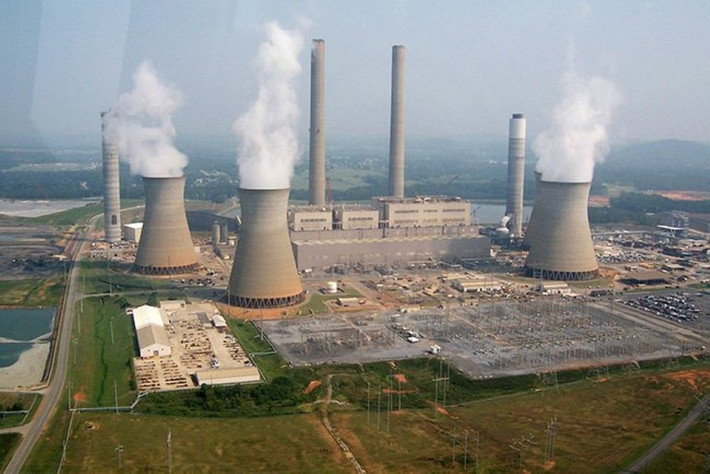
In order to create consistency in the legal system, for investment policy approval, the draft needs to add specific conditions for nuclear power projects according to regulations.
Along with that, there should be a separate article on “Licensing electricity operations for power generation of nuclear power plants” to be clear, transparent, and avoid misunderstanding that the Ministry of Industry and Trade grants electricity operations licenses for power generation as well as licenses to operate nuclear power plants. To be granted an electricity operation license for power generation, in addition to the requirements under the Electricity Law, it is necessary to have a license to operate a nuclear power plant issued by the Nuclear Regulatory Authority. This is a necessary condition for being granted an electricity operation license for power generation of a nuclear power plant.
The draft also needs to clearly stipulate that the Ministry of Science and Technology or the Department of Radiation and Nuclear Safety is the National Nuclear Regulatory Authority, the focal point for managing nuclear safety in the country. This agency will be responsible for licensing the stages of nuclear power projects in accordance with the IAEA guidelines and the Nuclear Safety Convention that Vietnam signed and ratified on July 15, 2010.
In Chapter II on “Development and application of atomic energy”, a provision on nuclear power development should be added, which declares the country's long-term and sustainable policy on nuclear power development with the goal that nuclear power must account for a reasonable proportion of the electricity supply balance and that we have the ability to master and develop technology to operate safely, exploit effectively and participate in the nuclear power supply chain.
In parallel, the draft needs to legalize the obligation to transfer technology for nuclear power contracts; have policies to support finance, credit, and taxes for Vietnamese enterprises participating in localization; have policies on investment in technical universities, research institutes, and testing laboratories that meet international standards to serve the program of localizing nuclear power technology. Based on such policy declaration in the Law on Atomic Energy (amended), the Government will organize implementation through specific programs and projects, moving towards forming a nuclear power technology ecosystem in Vietnam.
Consideration of design acceptance by foreign nuclear regulatory authorities
According to the IAEA guidelines and the provisions of the Nuclear Safety Convention, there are 6 stages of a nuclear power project that must be subject to the management of the Nuclear Regulatory Authority in the form of licensing, approval or safety control. These are the site approval stage; design; manufacturing and construction; trial operation; operation and decommissioning (release from nuclear regulatory management responsibility). For each stage, the draft Law needs to clearly stipulate the responsibilities of the investor or operating organization; the responsibilities of the Nuclear Regulatory Authority and relevant state management agencies; and the conditions for licensing. On that basis, the Government will have the basis to provide detailed instructions.
Specifically, regarding site approval, according to IAEA guidelines, this stage does not require a Safety Analysis Report because the site safety assessments are included in the site safety survey and assessment report. The draft law needs to clarify the responsibilities of the Nuclear Regulatory Authority and relevant state management agencies for the site approval stage; clearly stipulate that the responsibility for site approval belongs to the Nuclear Regulatory Authority; and clarify the conditions for site approval. The Government is only allowed to specify in detail the contents mentioned above regarding the responsibilities of the investor, the Nuclear Regulatory Authority and the conditions for site approval.
The IAEA Guidelines and the Nuclear Safety Convention both have provisions on the approval of designs of nuclear power plants and research reactors. Therefore, we should not remove this provision from the law. According to international experience, we can include provisions on the appraisal, approval and acceptance of designs of nuclear power plants and research reactors that have been appraised and approved by the nuclear regulatory agency of the country providing technology to Vietnam. This is also a common practice in the world. Such a provision will help reduce the burden on the Vietnamese nuclear regulatory agency, which is still limited in capacity.
Regarding the licensing of nuclear power plant construction, there are currently concerns that the Ministry of Science and Technology cannot undertake this function and should assign it to the Ministry of Construction. However, the Ministry of Construction is not capable of appraising safety analysis reports and documents related to nuclear safety, radioactive waste and spent nuclear fuel. So will the Ministry of Construction accept the safety appraisal documents of the Ministry of Science and Technology and then confidently sign the construction license?
On the other hand, according to the law, when the Ministry of Construction has signed a construction permit, it must conduct safety inspections and checks, including inspections of the manufacture of equipment, structures and important safety components of a nuclear power plant. So can the Ministry of Construction do this, while the human resources in the field of nuclear safety belong to the Ministry of Science and Technology? If the Ministry of Construction organizes such a department to perform the functions and tasks of the construction phase, it will be very time-consuming and laborious, and it will only control one construction phase out of the overall 6 phases of a nuclear power project. Doing so will be unlike any other country in the world in terms of nuclear power project management. According to international practice, only the Nuclear Regulatory Authority is responsible for the regulatory management of nuclear power projects for all 6 phases mentioned above.
Source: https://daibieunhandan.vn/nen-luat-hoa-nghia-vu-chuyen-giao-cong-nghe-voi-hop-dong-dien-hat-nhan-post410060.html



![[Photo] Top players gather at the 2025 Nhan Dan Newspaper National Table Tennis Championship](https://vphoto.vietnam.vn/thumb/1200x675/vietnam/resource/IMAGE/2025/5/23/9ad5f6f4faf146b08335e5c446edb107)


![[Photo] Anh Hoang - Dinh Duc successfully defended the men's doubles championship of the National Table Tennis Championship of Nhan Dan Newspaper](https://vphoto.vietnam.vn/thumb/1200x675/vietnam/resource/IMAGE/2025/5/23/d6ab3bcac02c49928b38c729d795cac6)




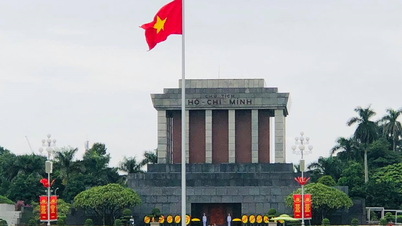










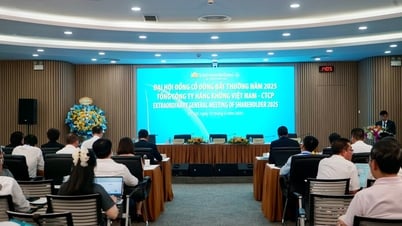



















































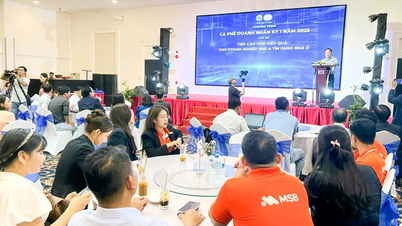

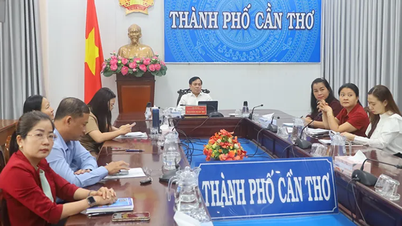
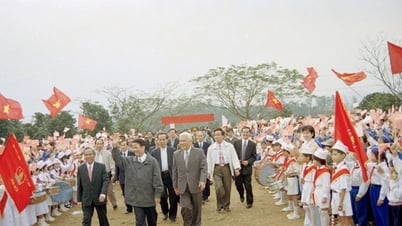



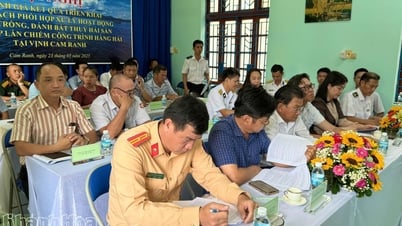














Comment (0)